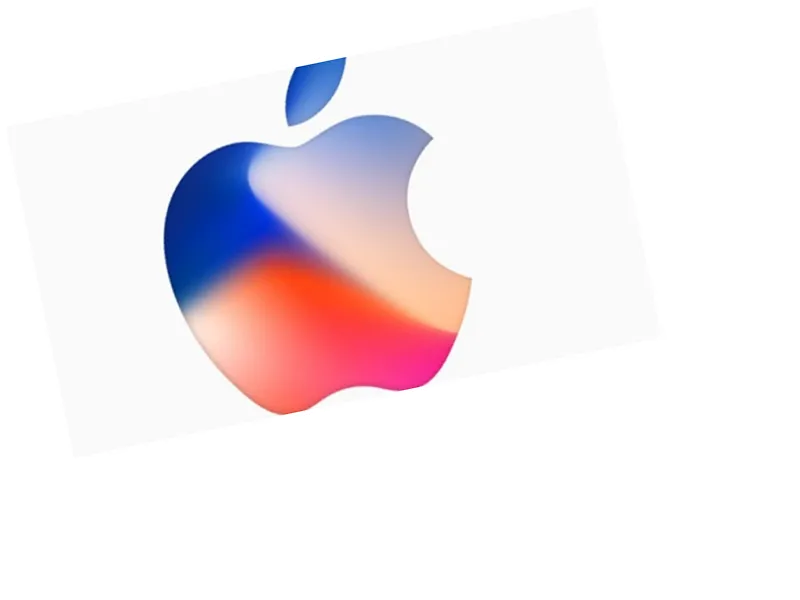Evil Twin Attacks Target Airport Free Wi-Fi Users
Public Wi-Fi networks, particularly in airports, pose significant security risks due to their unencrypted and easily accessible nature. Despite the awareness of potential dangers, travelers continue to flock to these networks, making them prime targets for hackers. A concerning trend has emerged, where hackers are employing 'evil twin' attacks to exploit unsuspecting users connected to free Wi-Fi.
An evil twin attack occurs when a hacker creates a fake Wi-Fi hotspot that mimics a legitimate network. By disconnecting users from the original network, the hacker effectively forces them to connect to the fraudulent one. Once connected, the hacker can intercept sensitive data such as login credentials, banking information, and personal details. This method combines elements of Wi-Fi and phishing attacks, leveraging the unsuspecting behavior of users who often rush to connect without verifying the network's authenticity.
A recent case in Australia highlighted the severity of this issue, where a man was arrested for conducting evil twin attacks at several airports and domestic flights. He allegedly set up a fake network to steal login details from passengers. Experts warn that as more people become accustomed to free Wi-Fi, such attacks are likely to increase. Vulnerable individuals, particularly those who reuse passwords or use easily guessable ones, are at a heightened risk of falling victim to these schemes.
To protect oneself when using public Wi-Fi, experts recommend several strategies. Utilizing a VPN can add a layer of security by encrypting browsing data, while avoiding accessing sensitive information on public networks is crucial. Password managers can help secure login details, and using complex passwords significantly enhances security. Additionally, opting for a personal mobile hotspot can be a safer alternative to public Wi-Fi, reducing the risk of falling prey to evil twin attacks.
Airports often outsource their Wi-Fi network management, leaving security measures in the hands of third-party providers. This lack of direct oversight can contribute to the prevalence of evil twin attacks, as attackers may exploit the crowded and hurried environment of airports. It's essential for travelers to remain vigilant and prioritize their data privacy, especially when connecting to free Wi-Fi in such public spaces.





